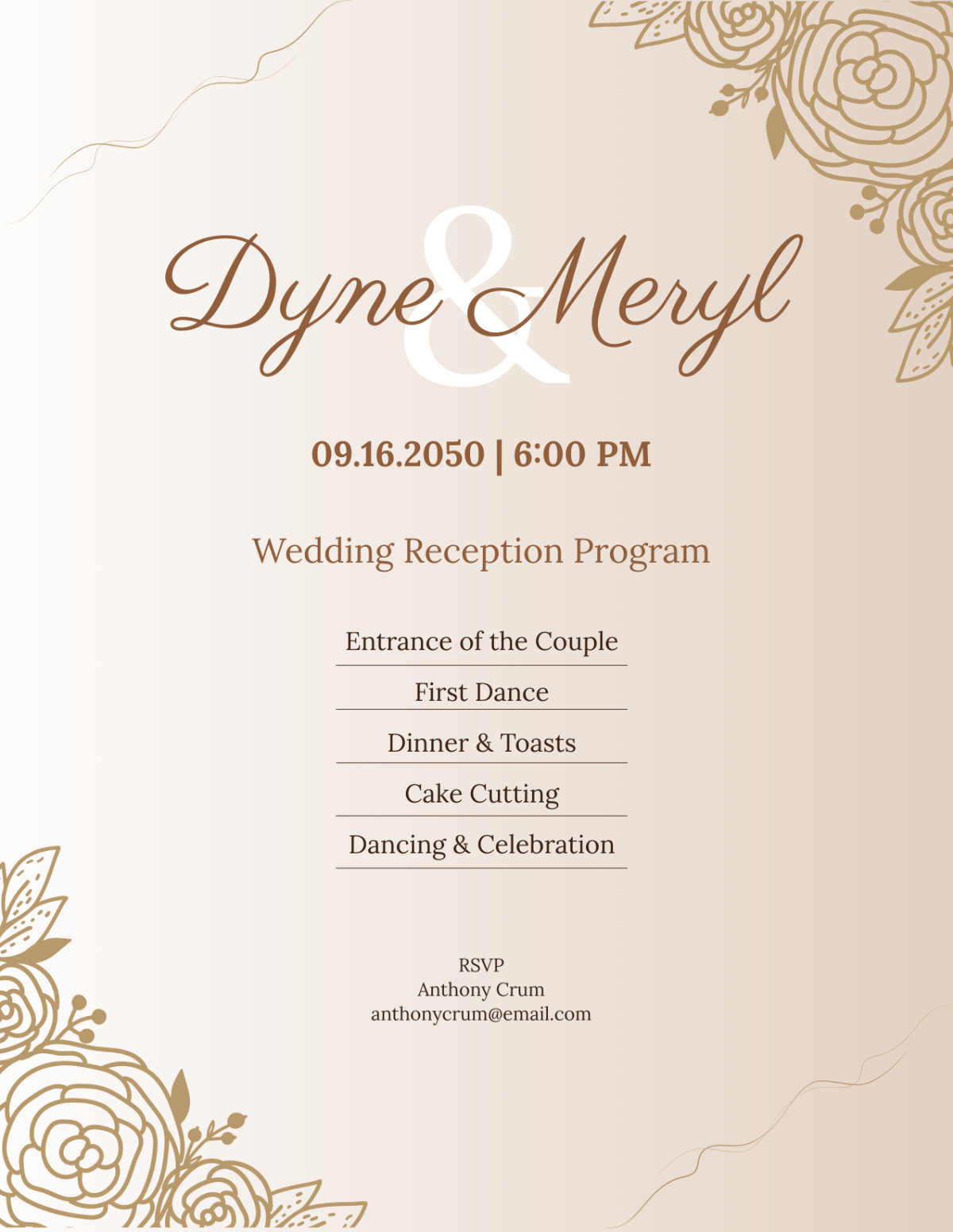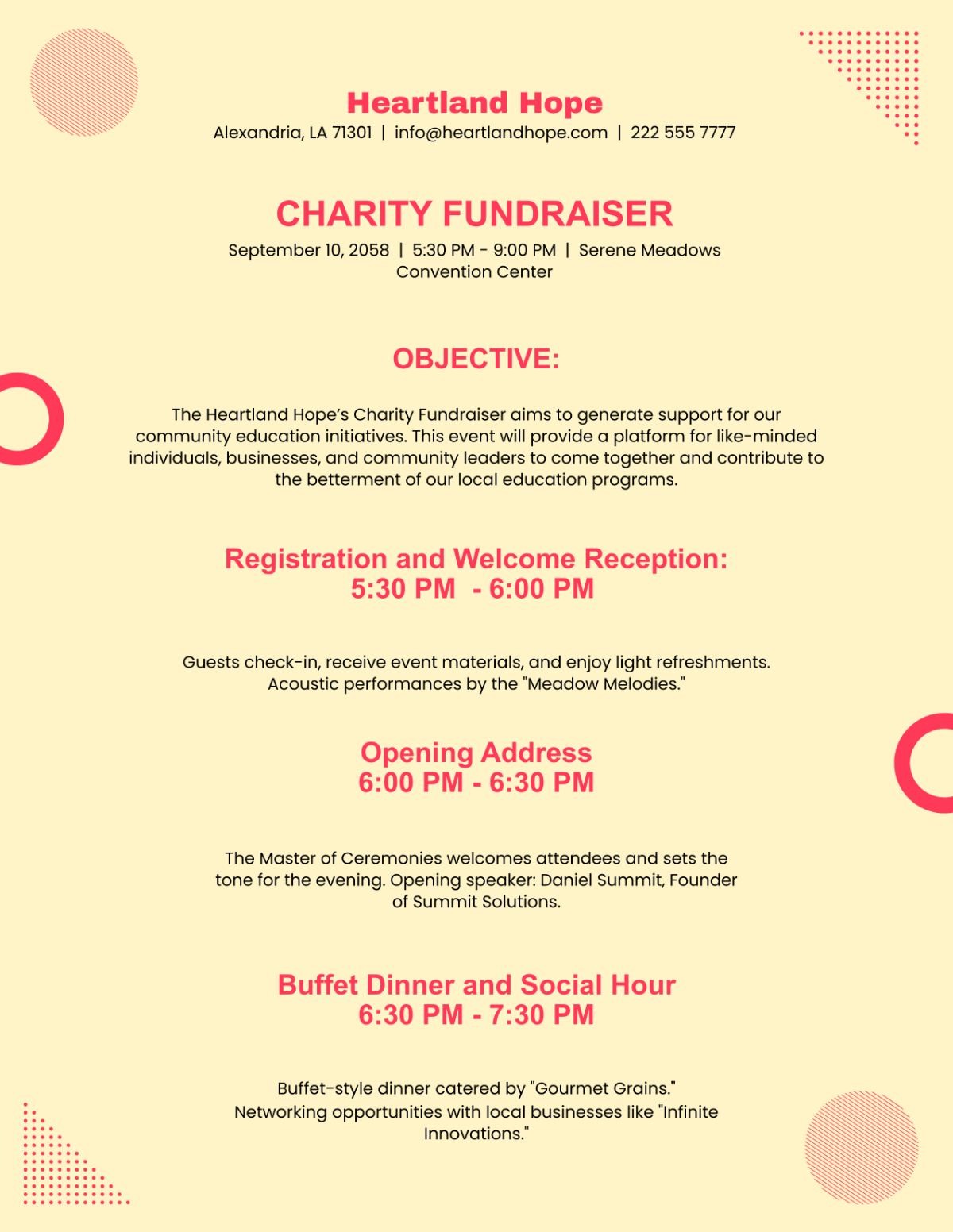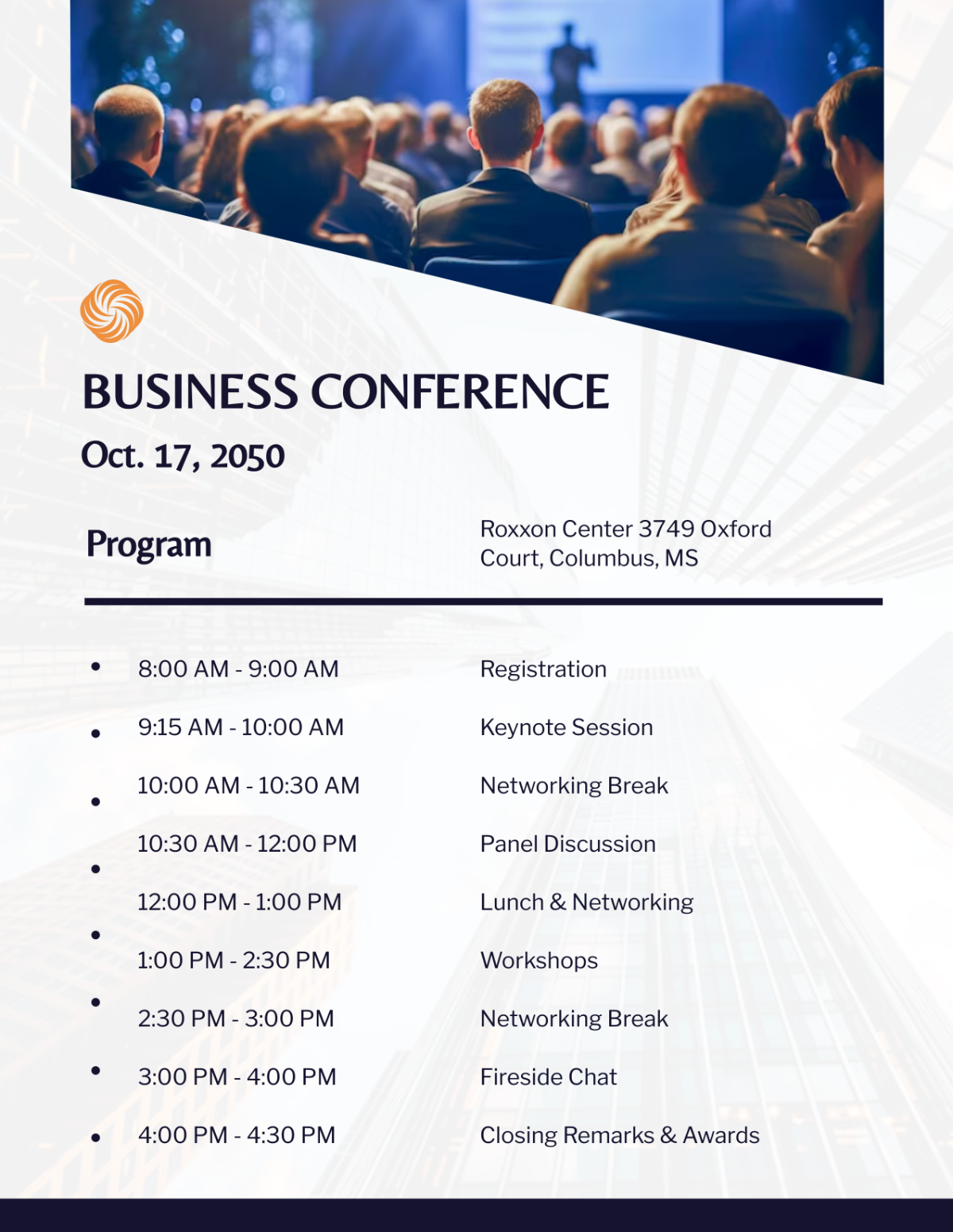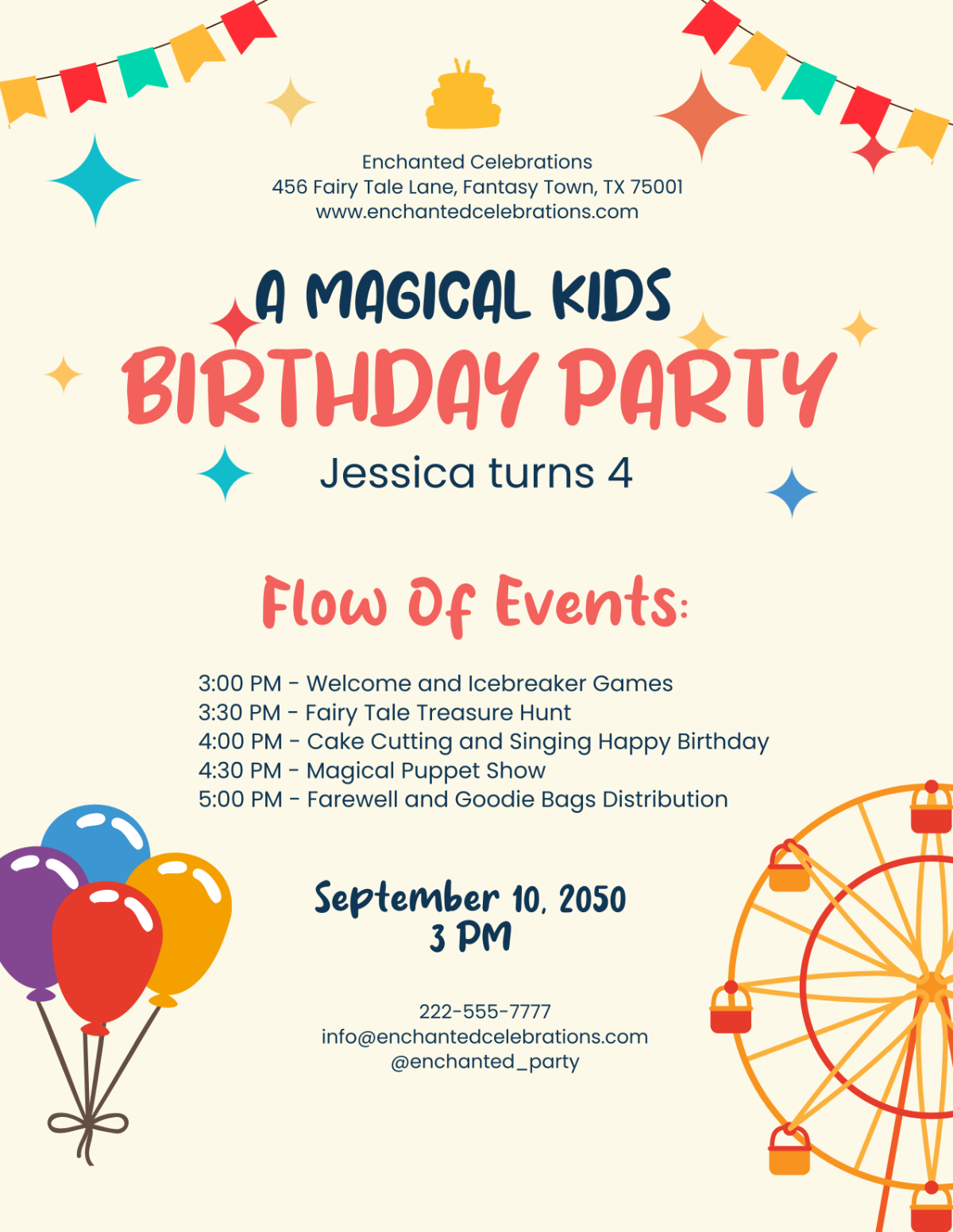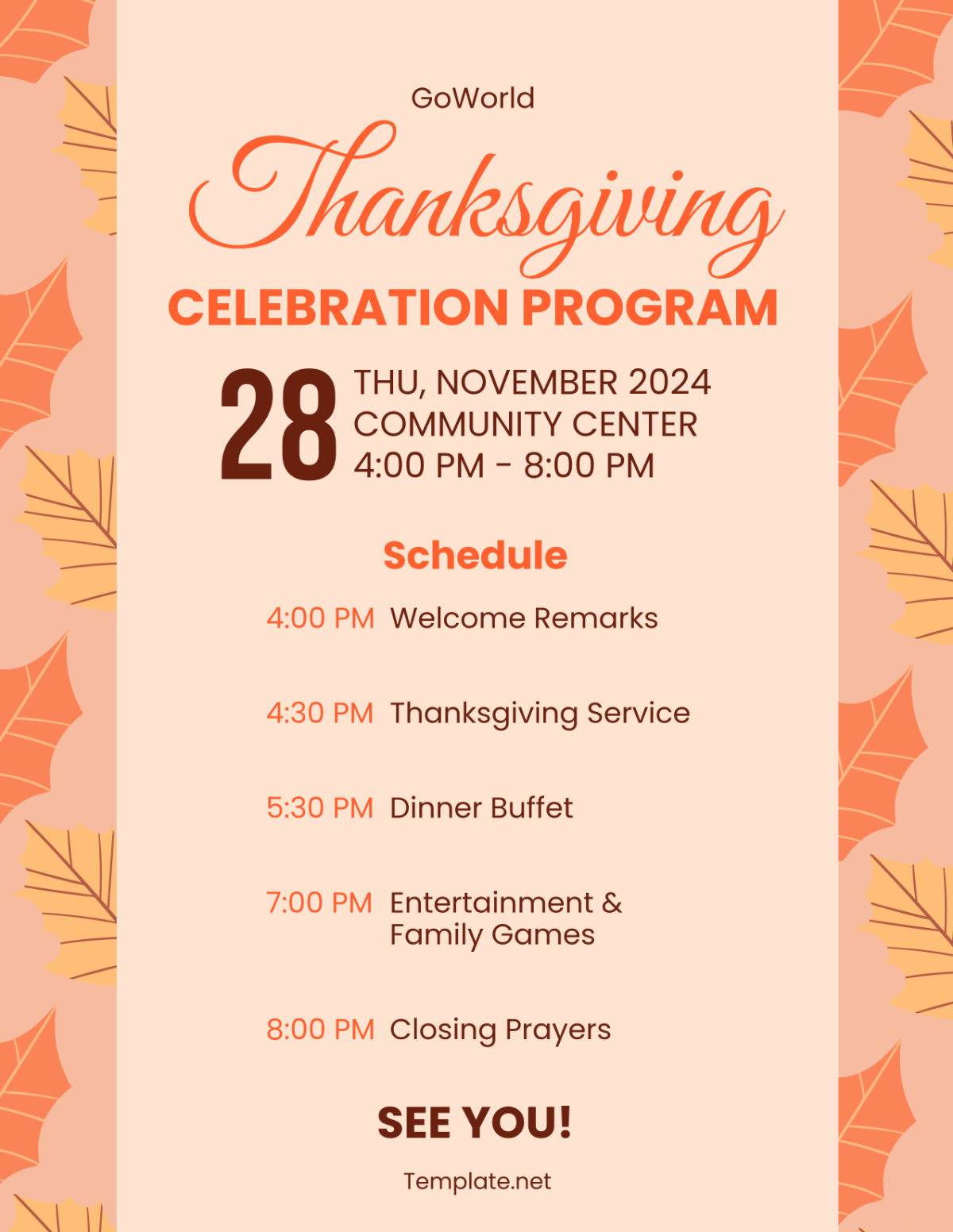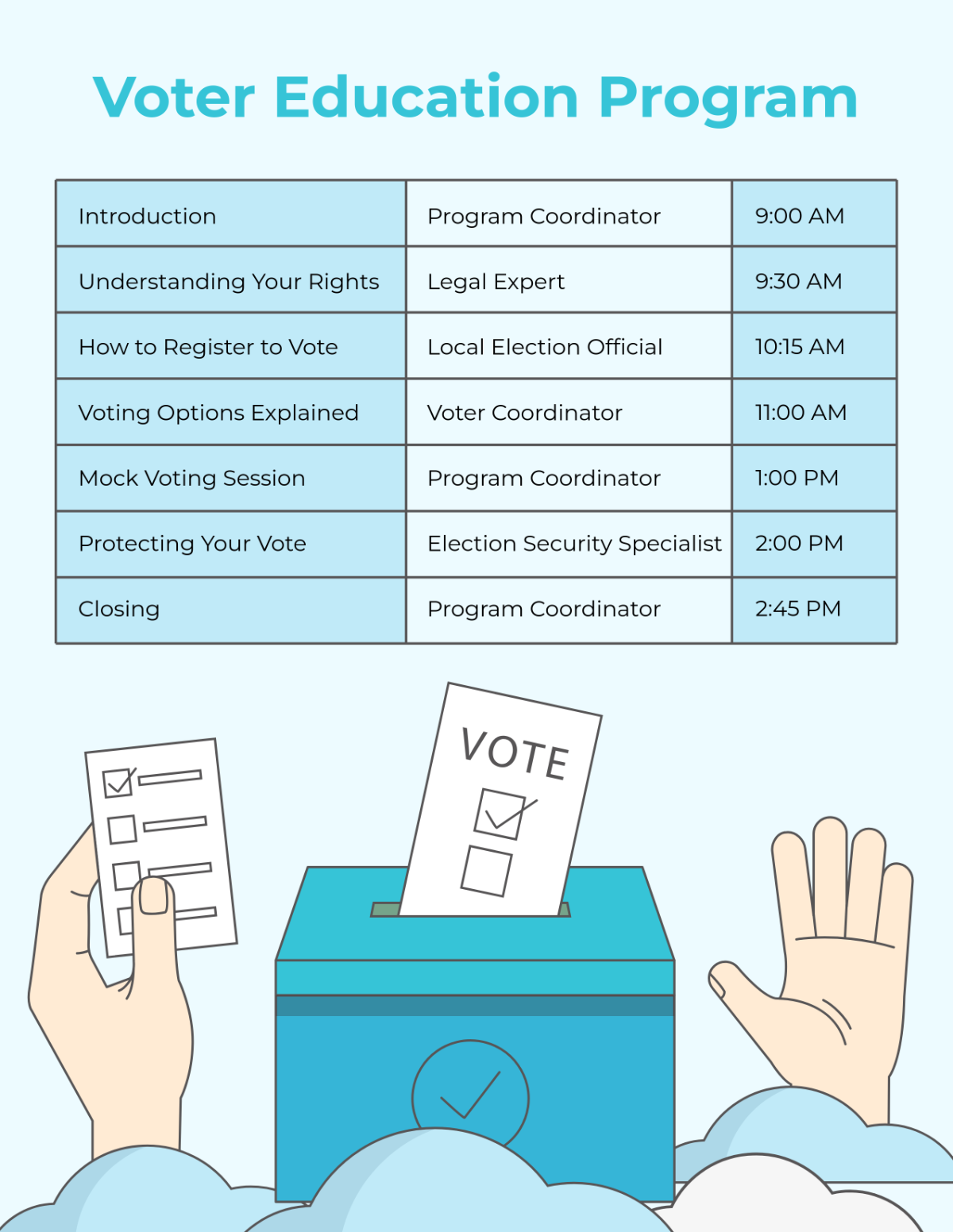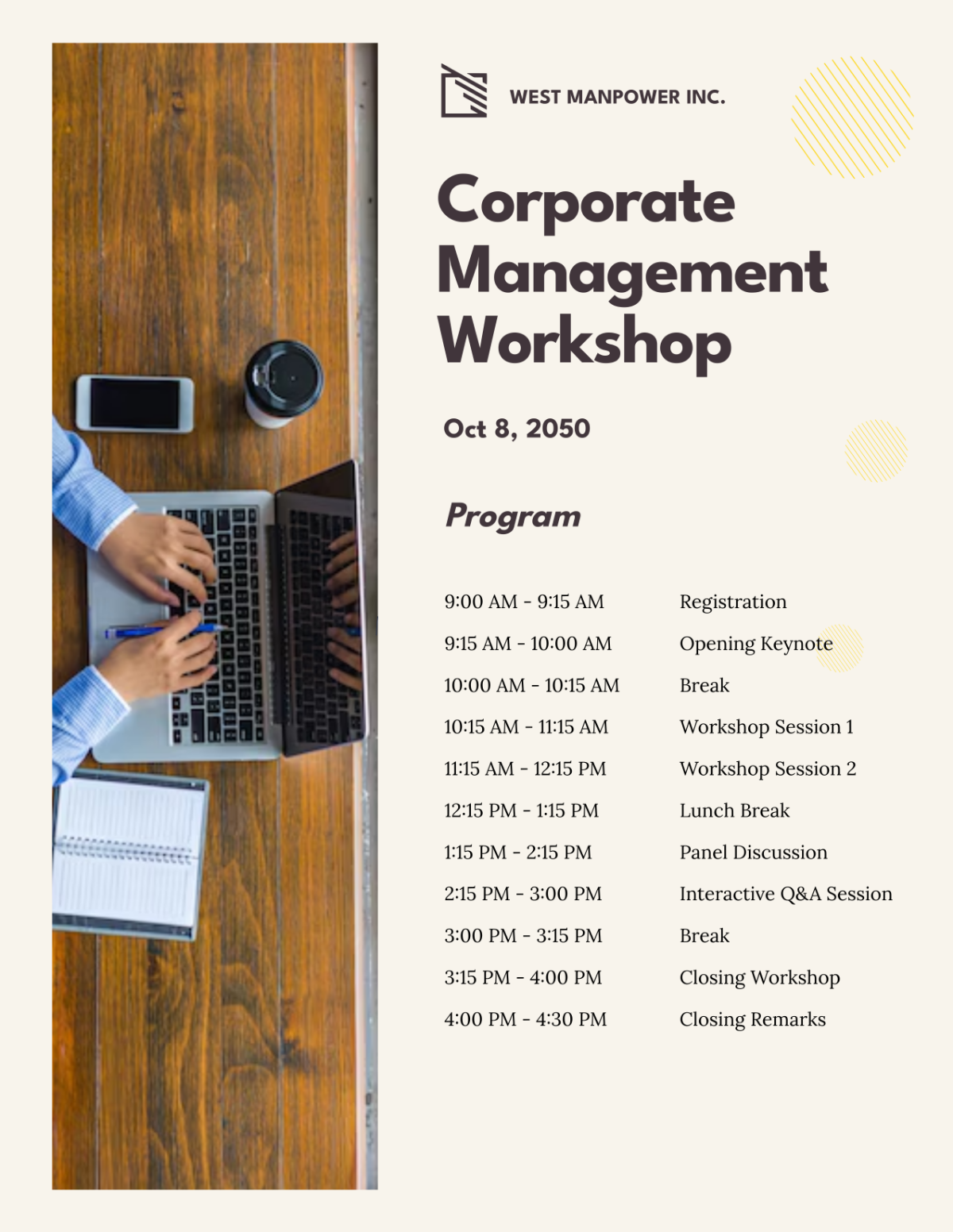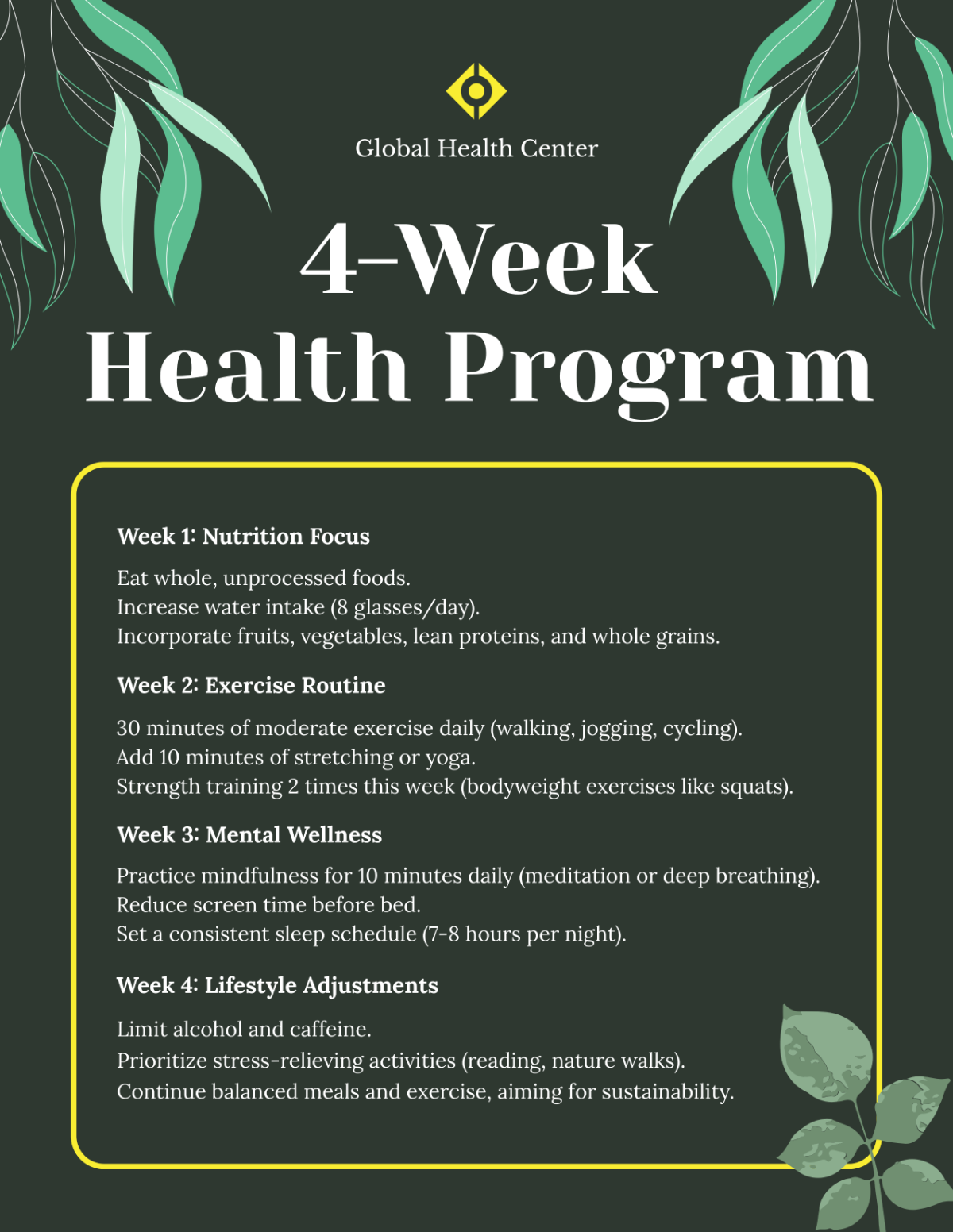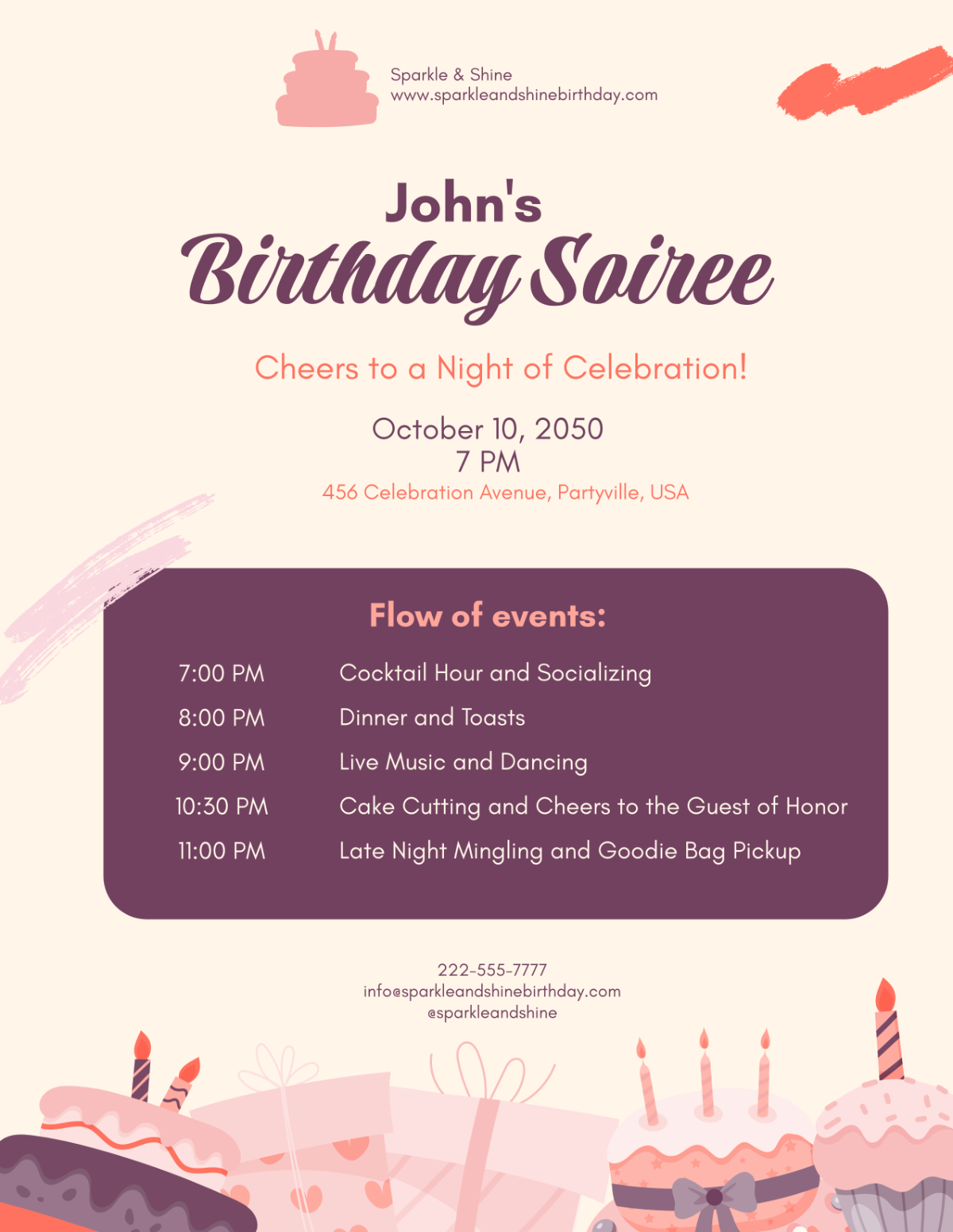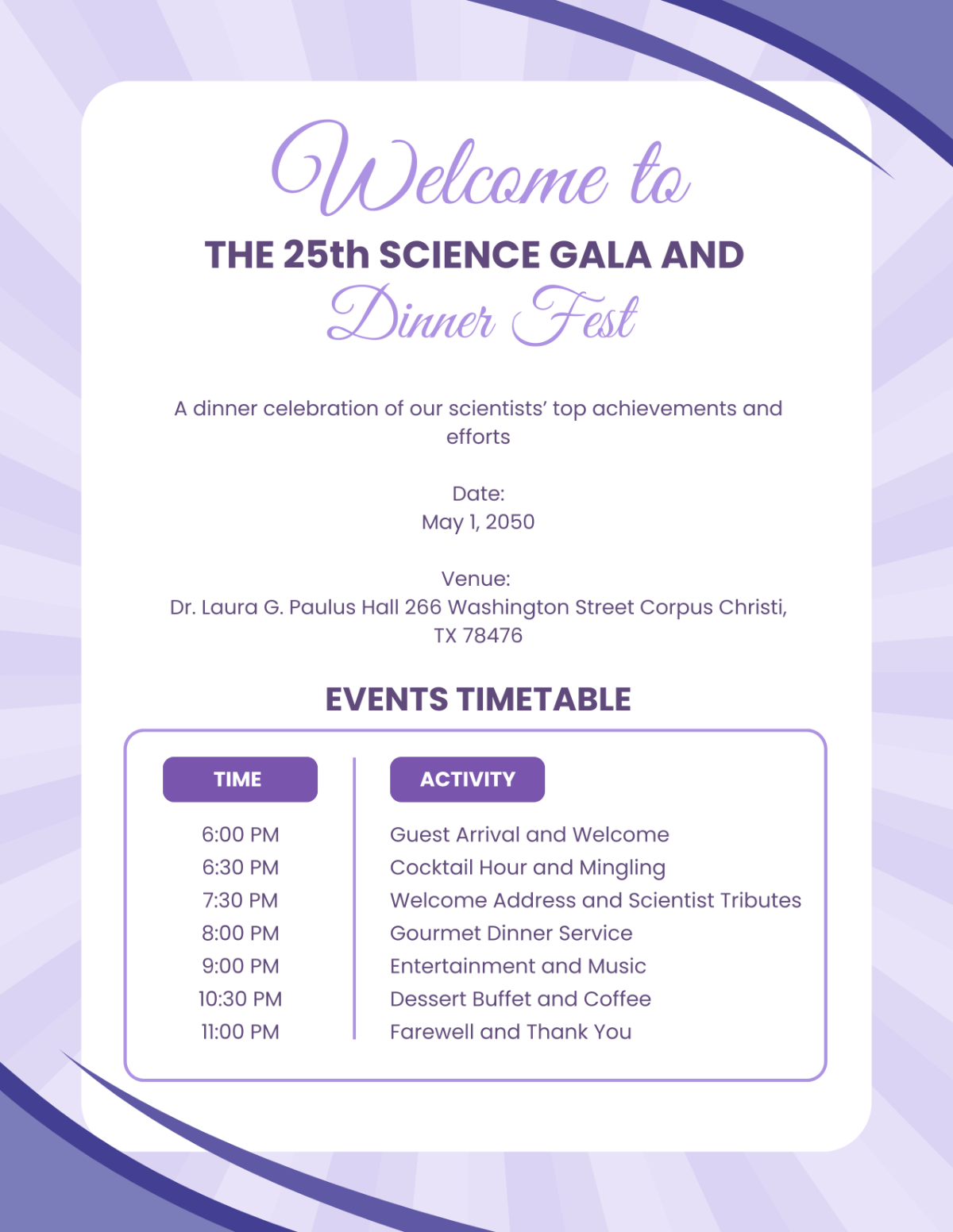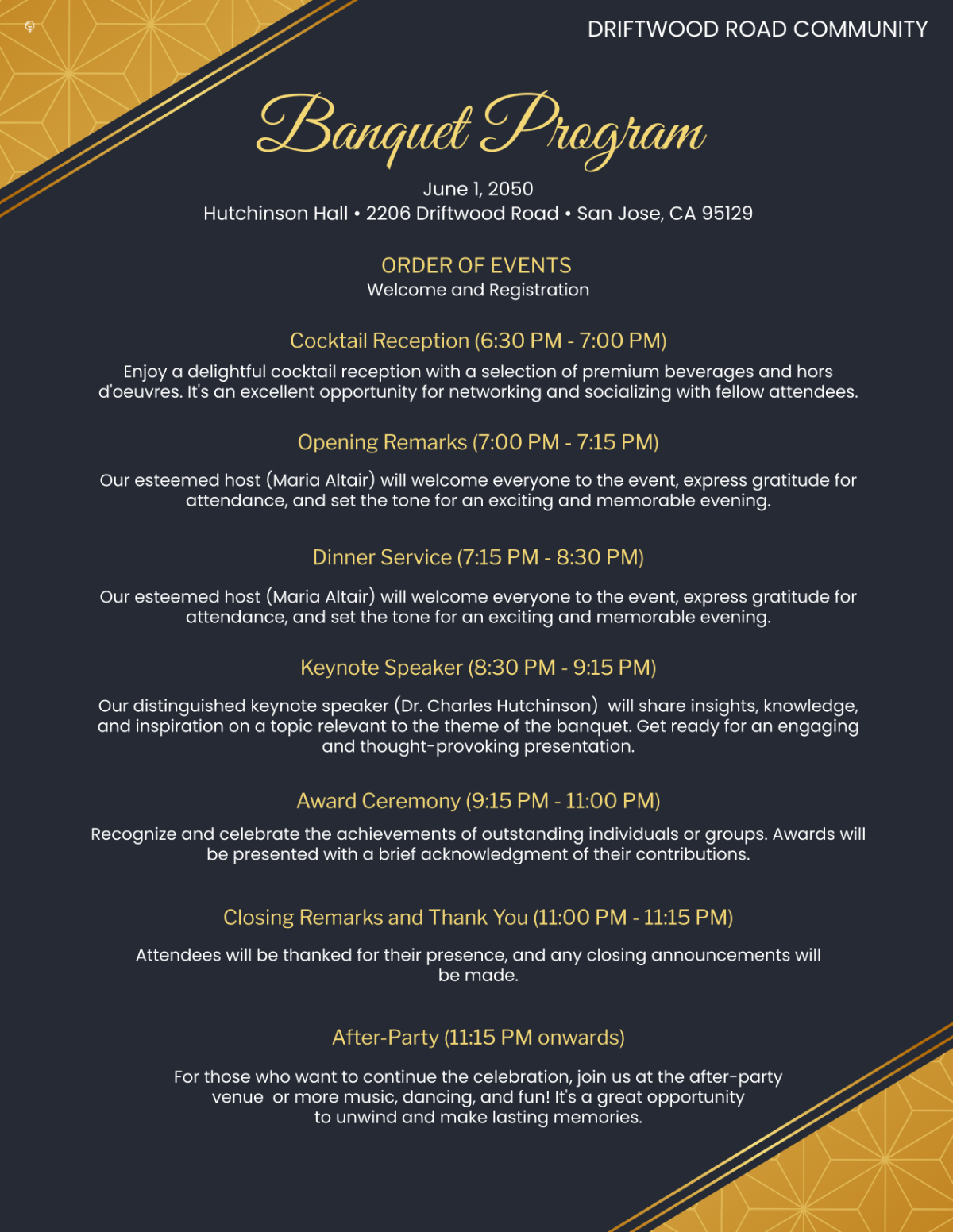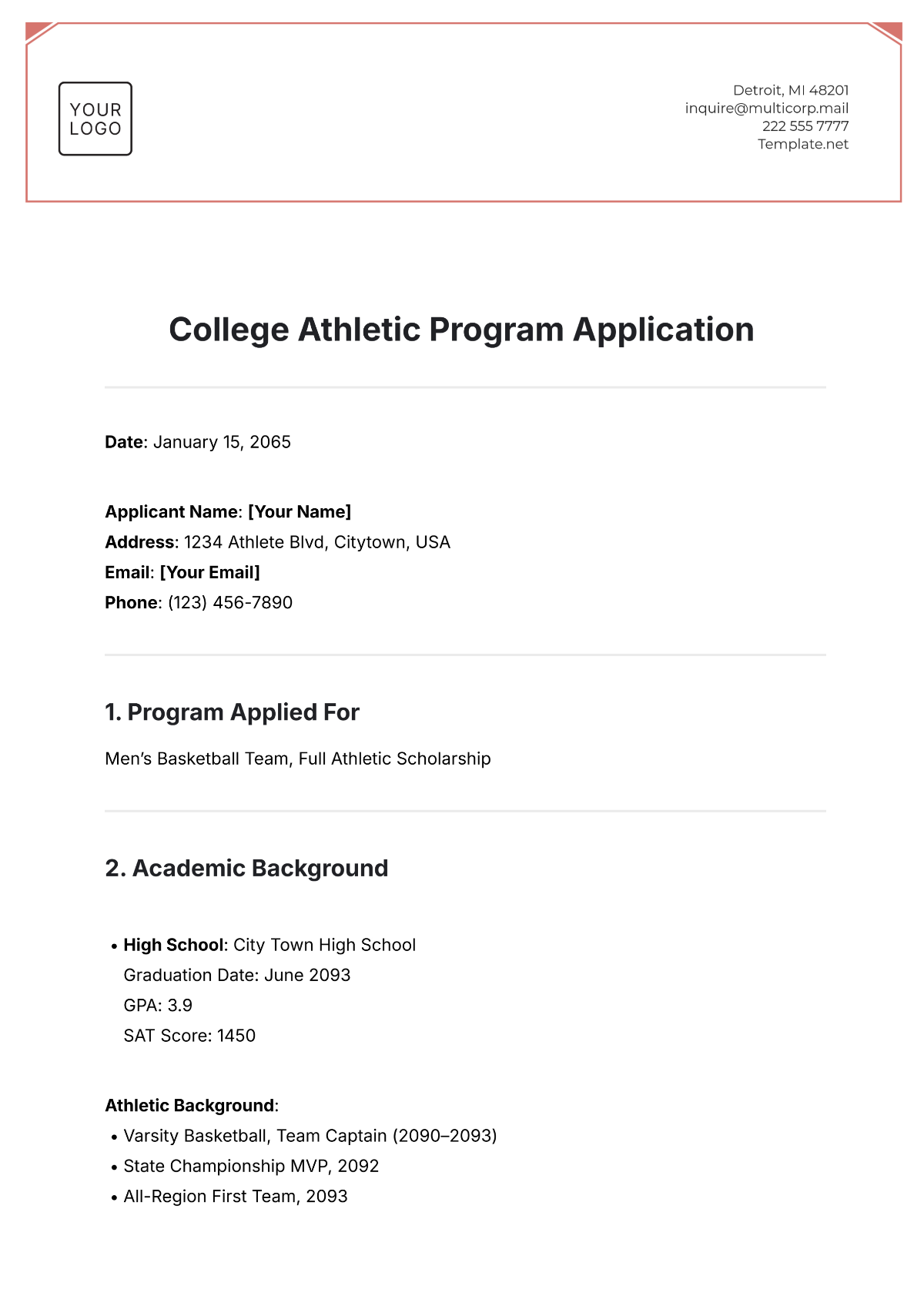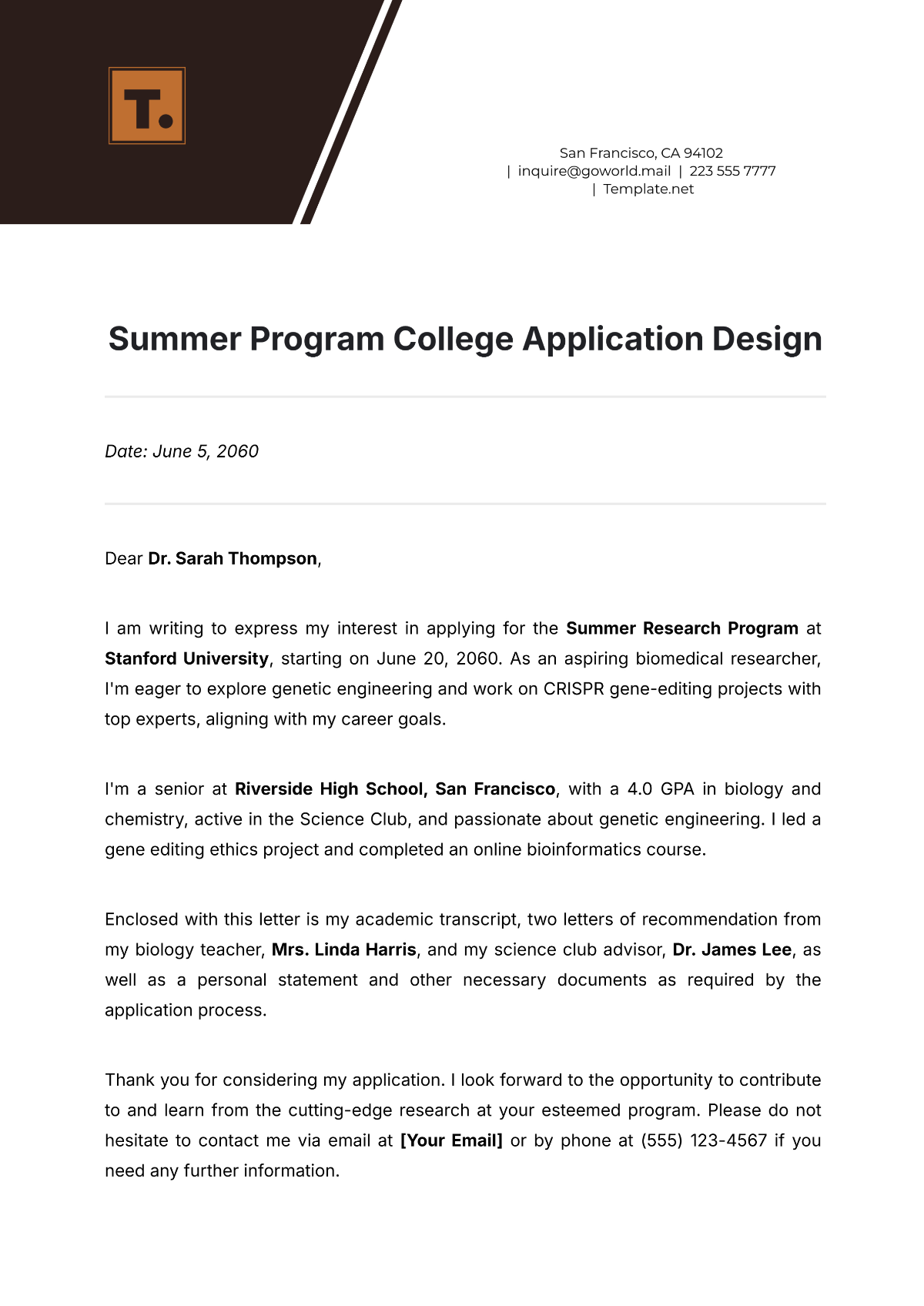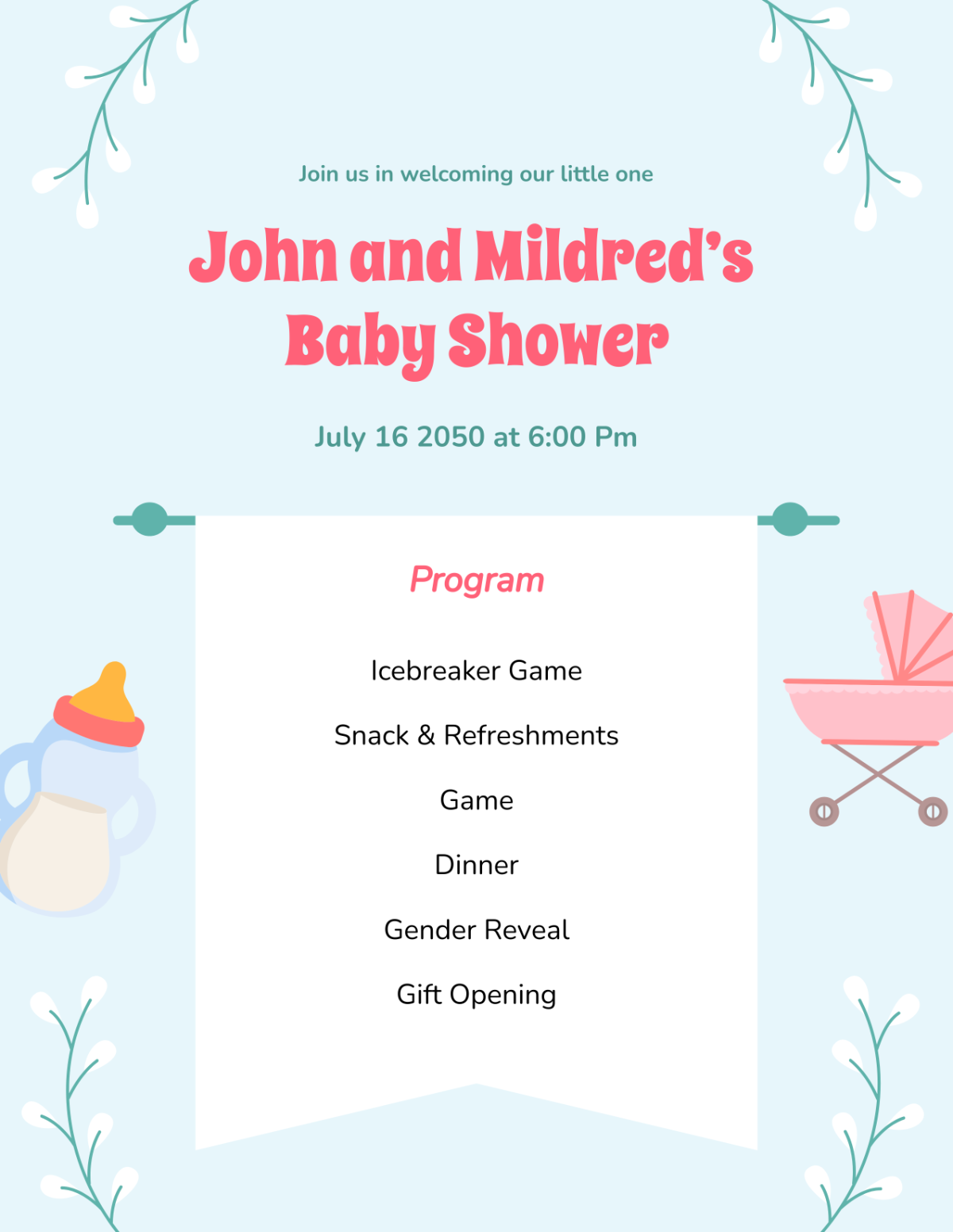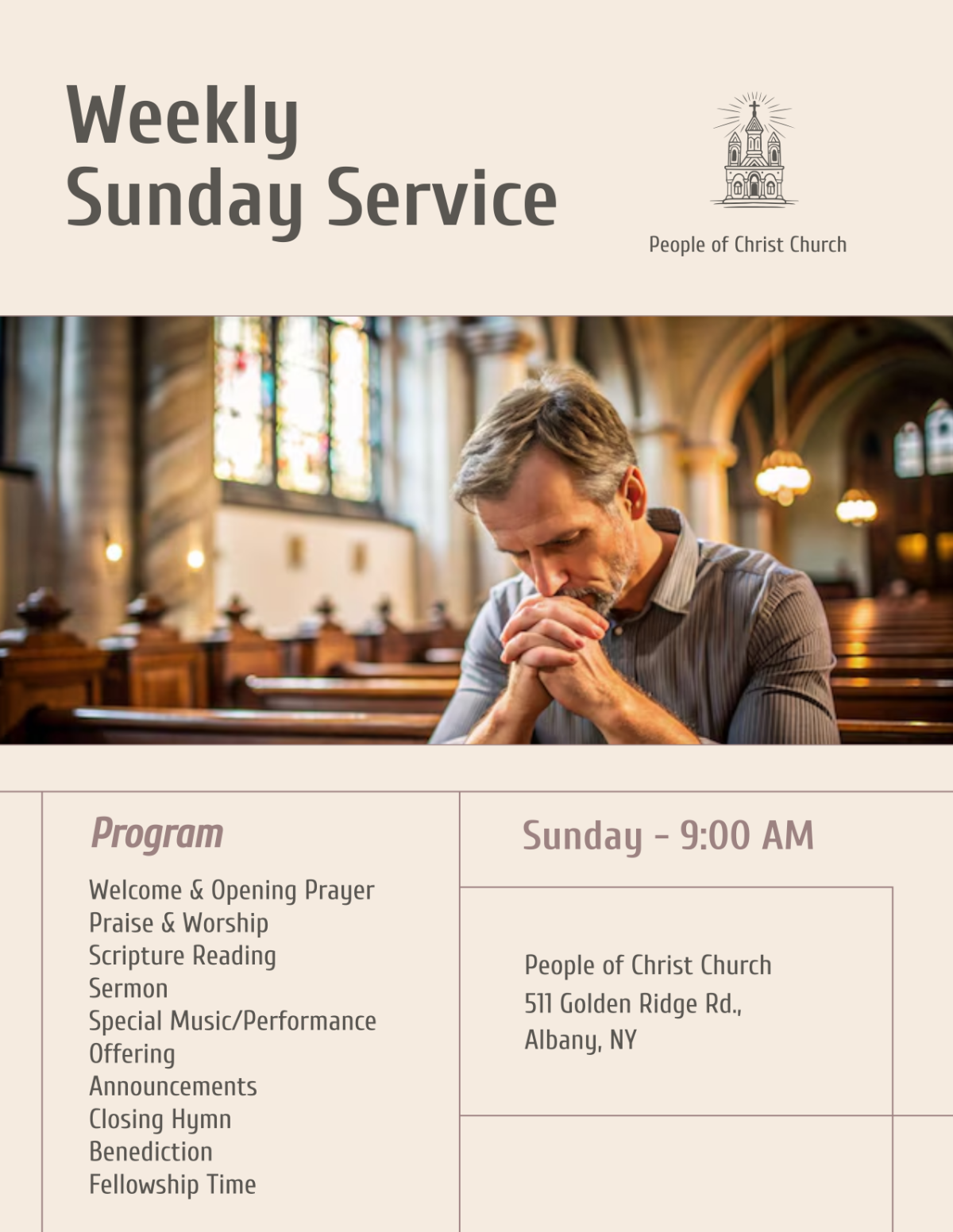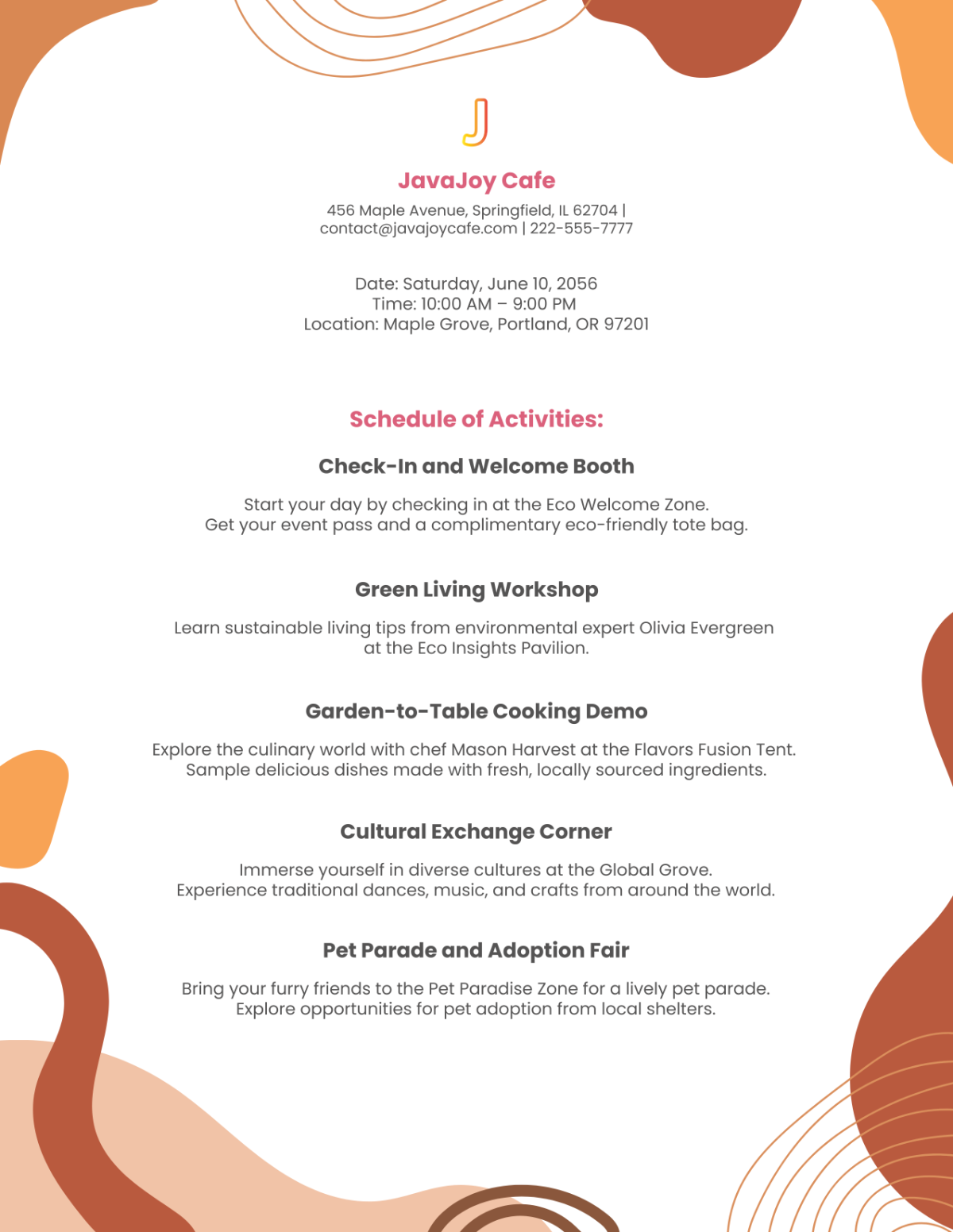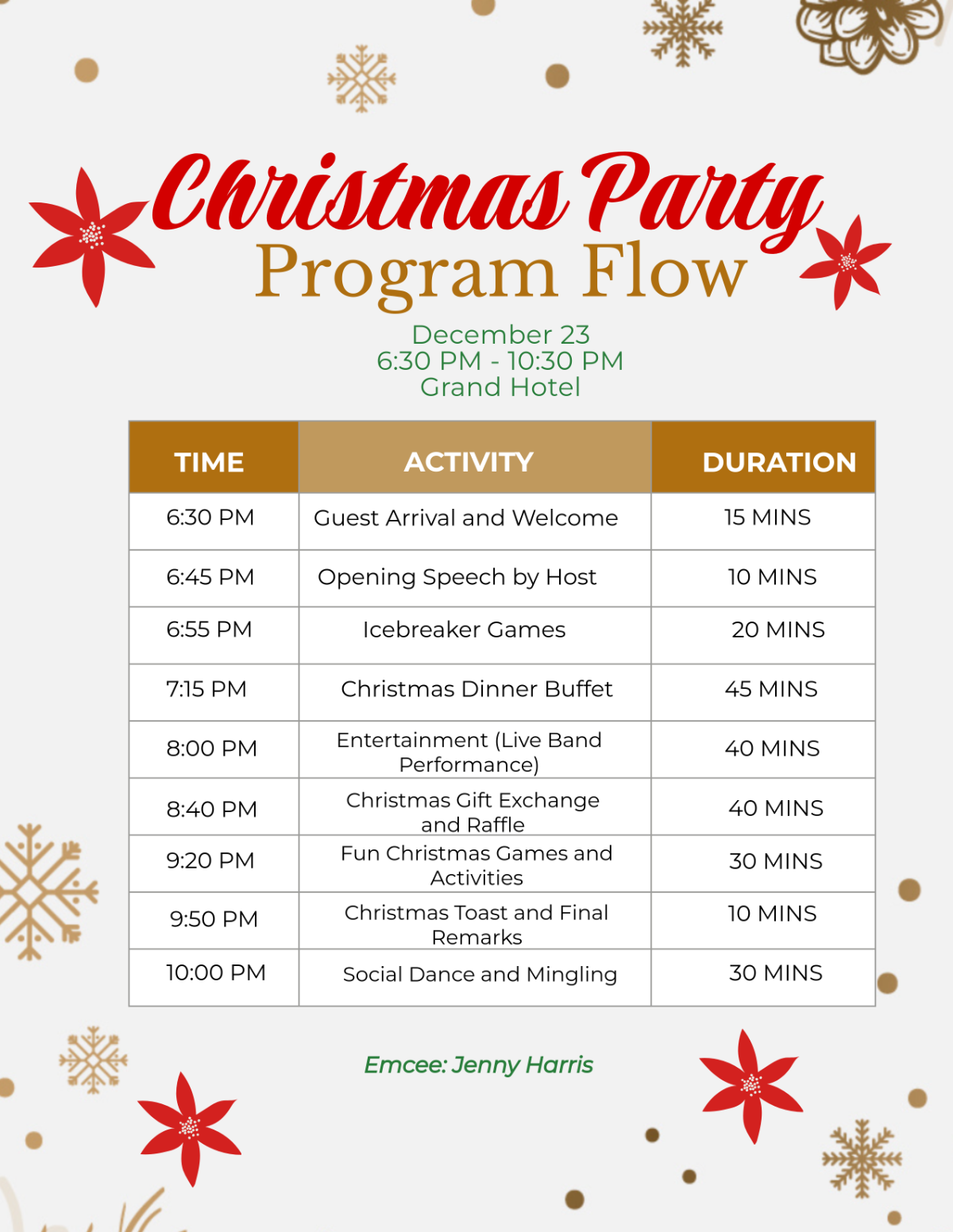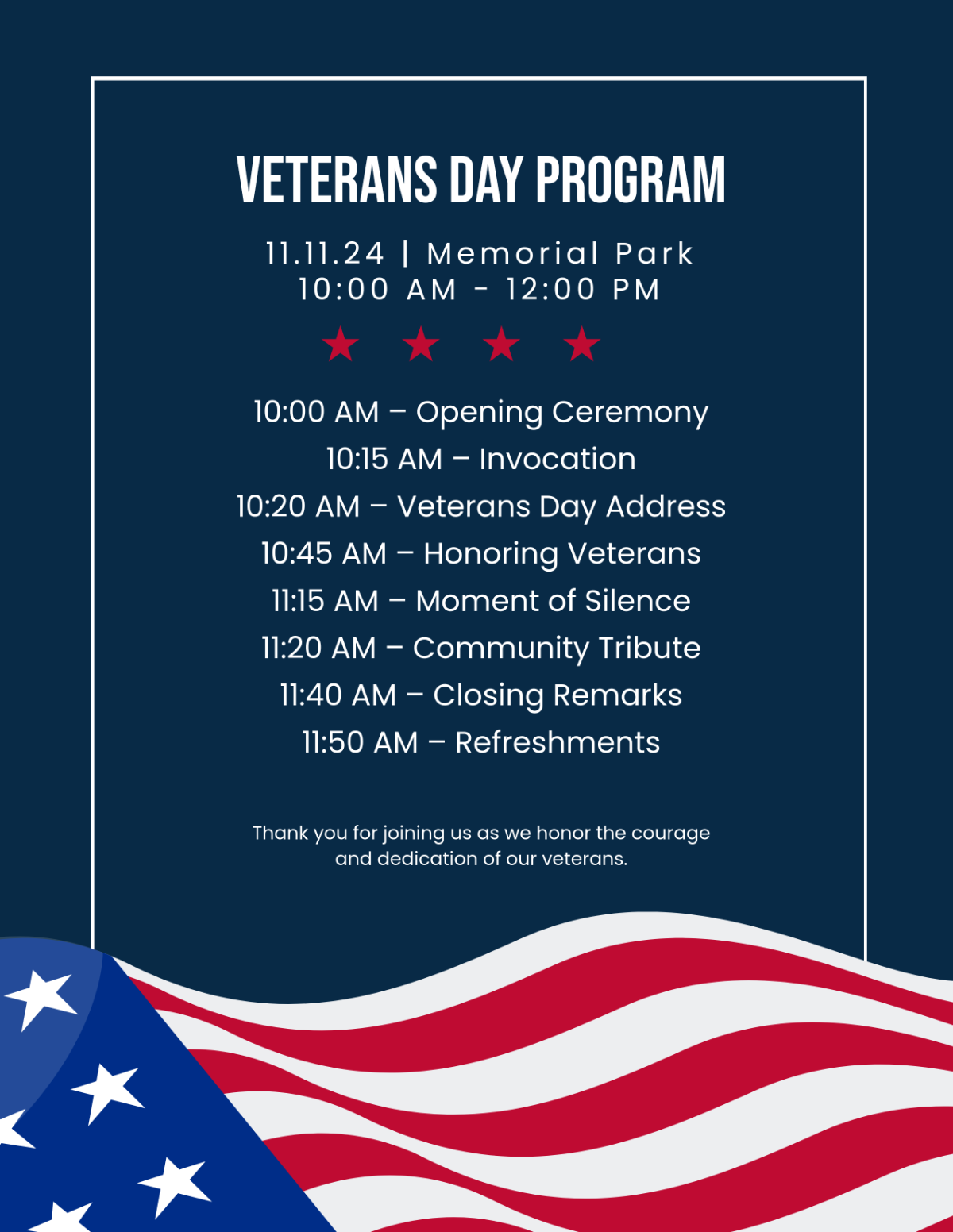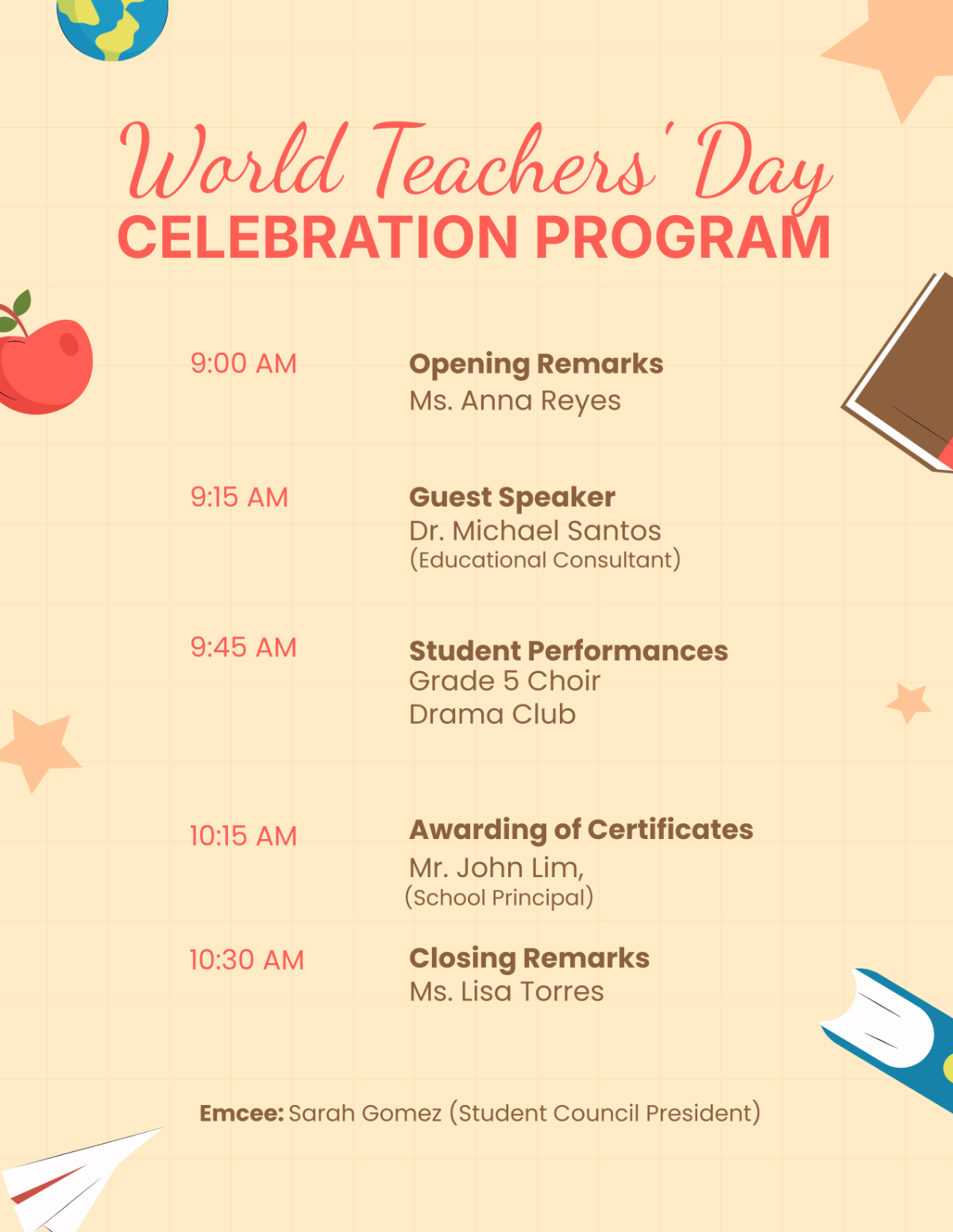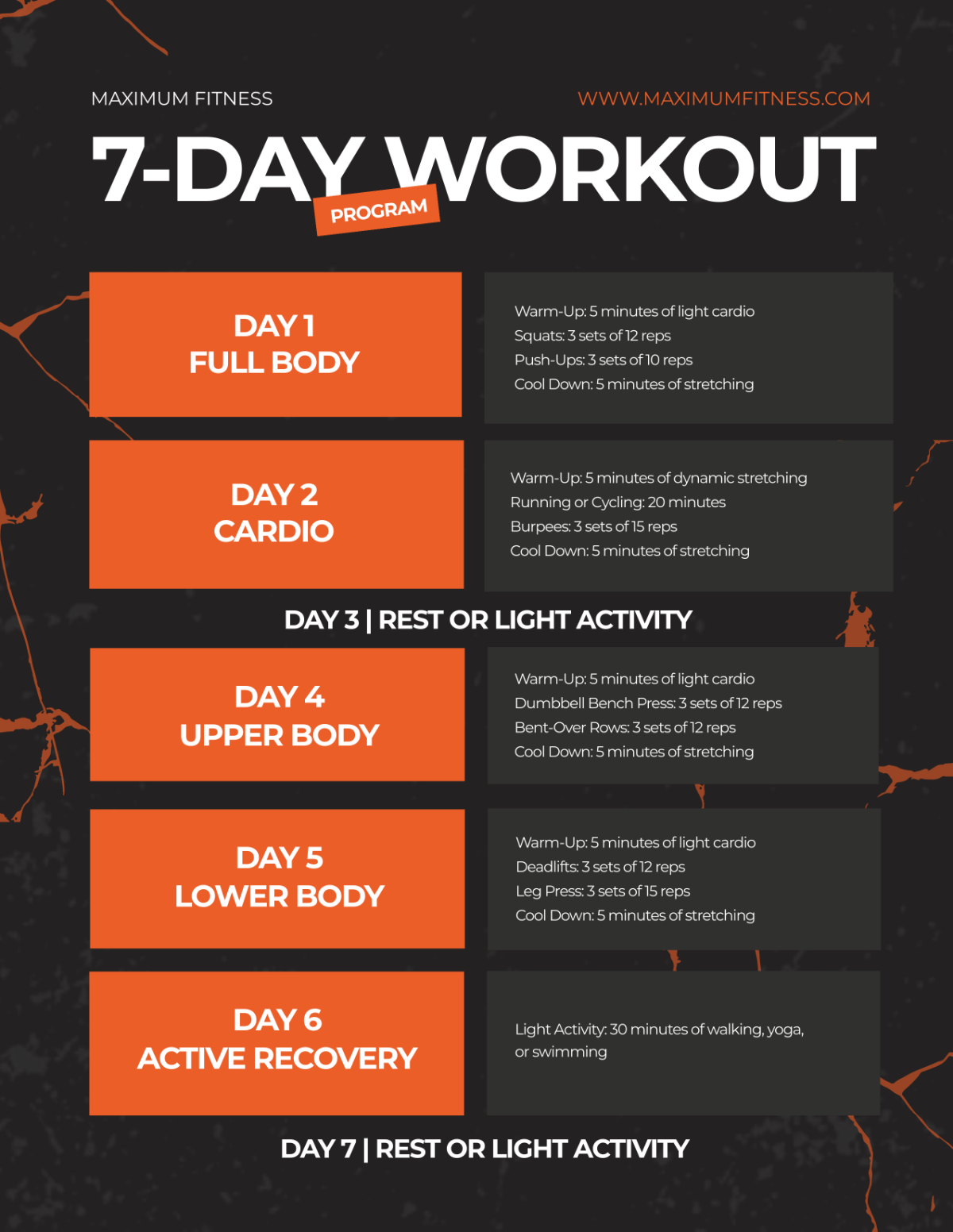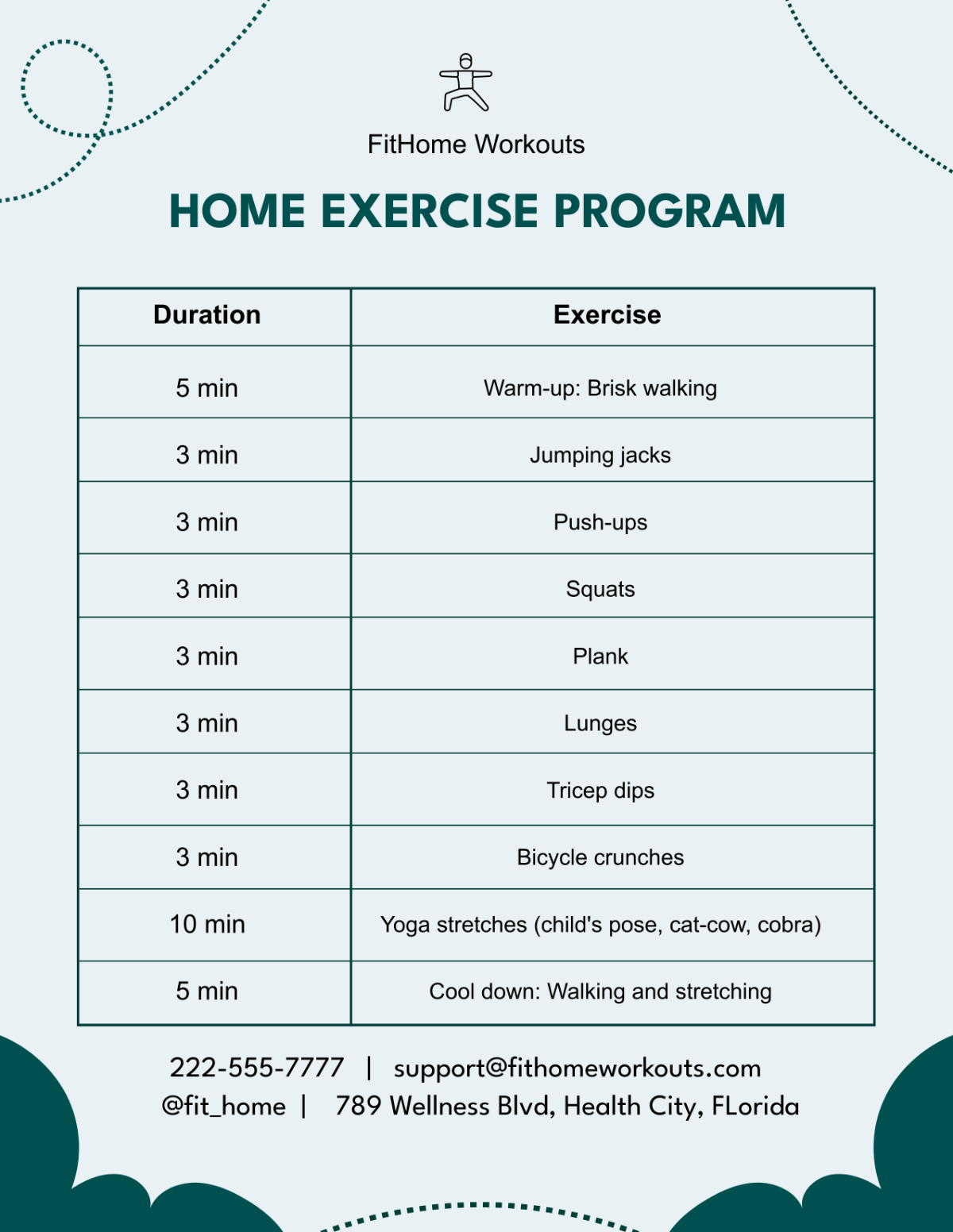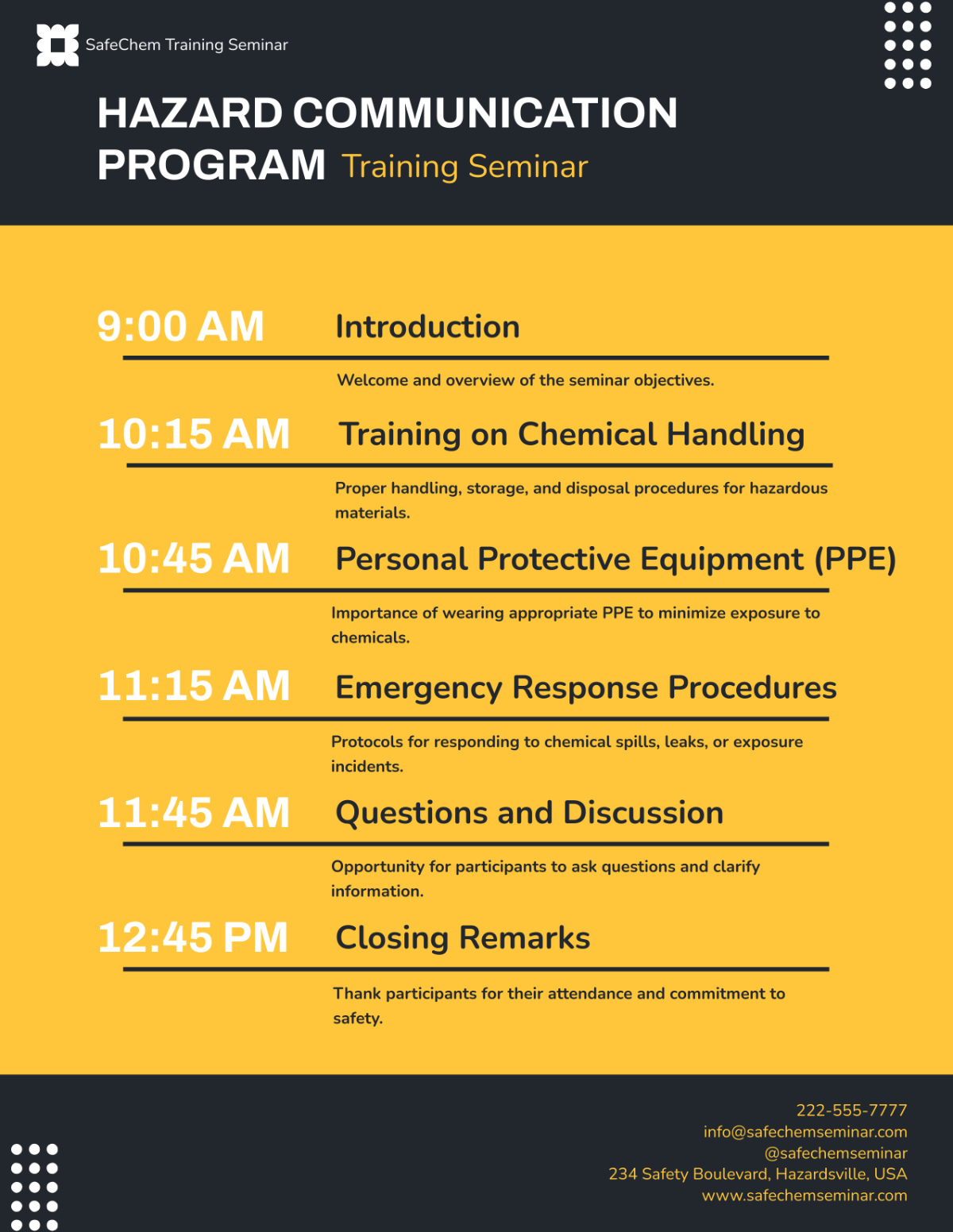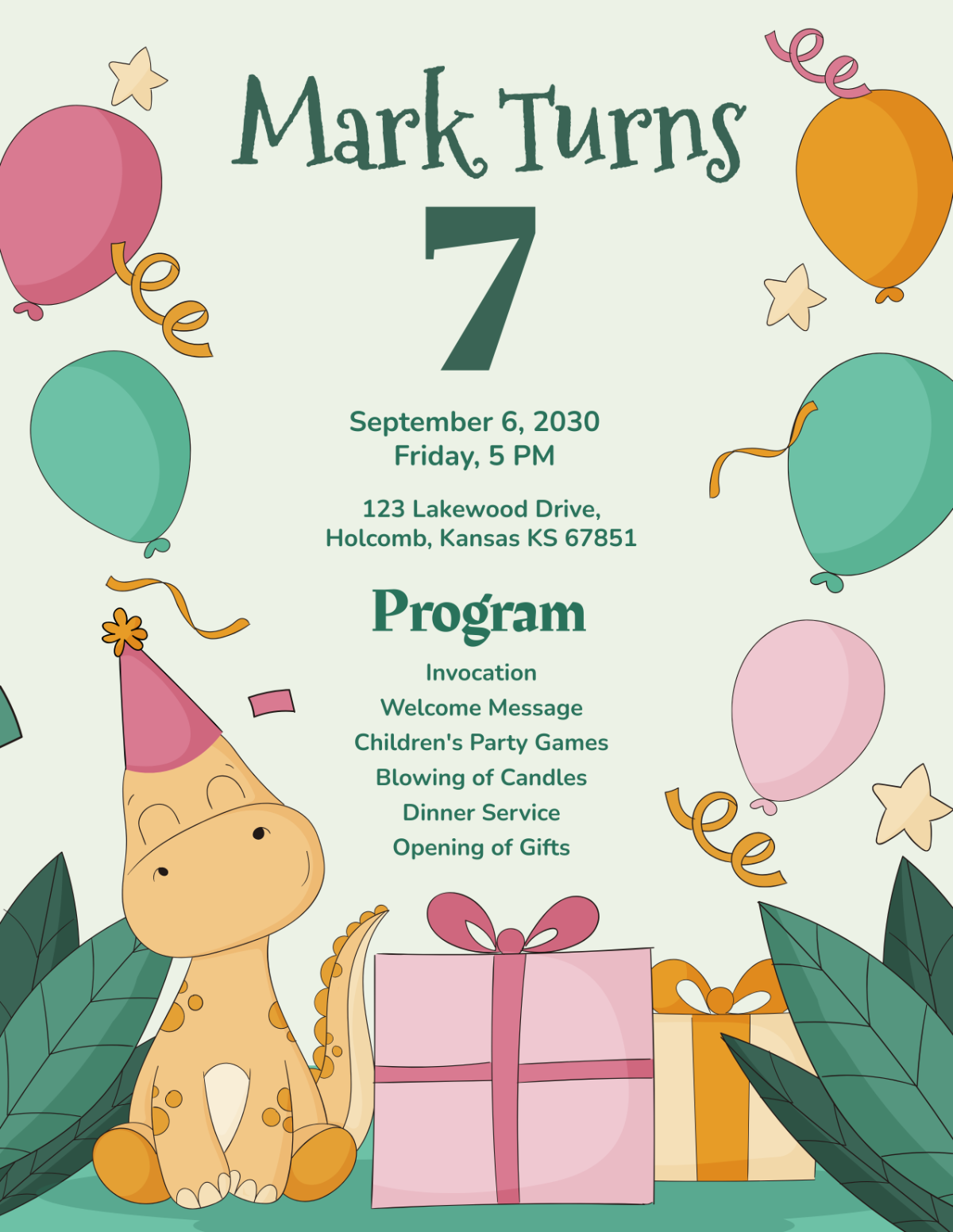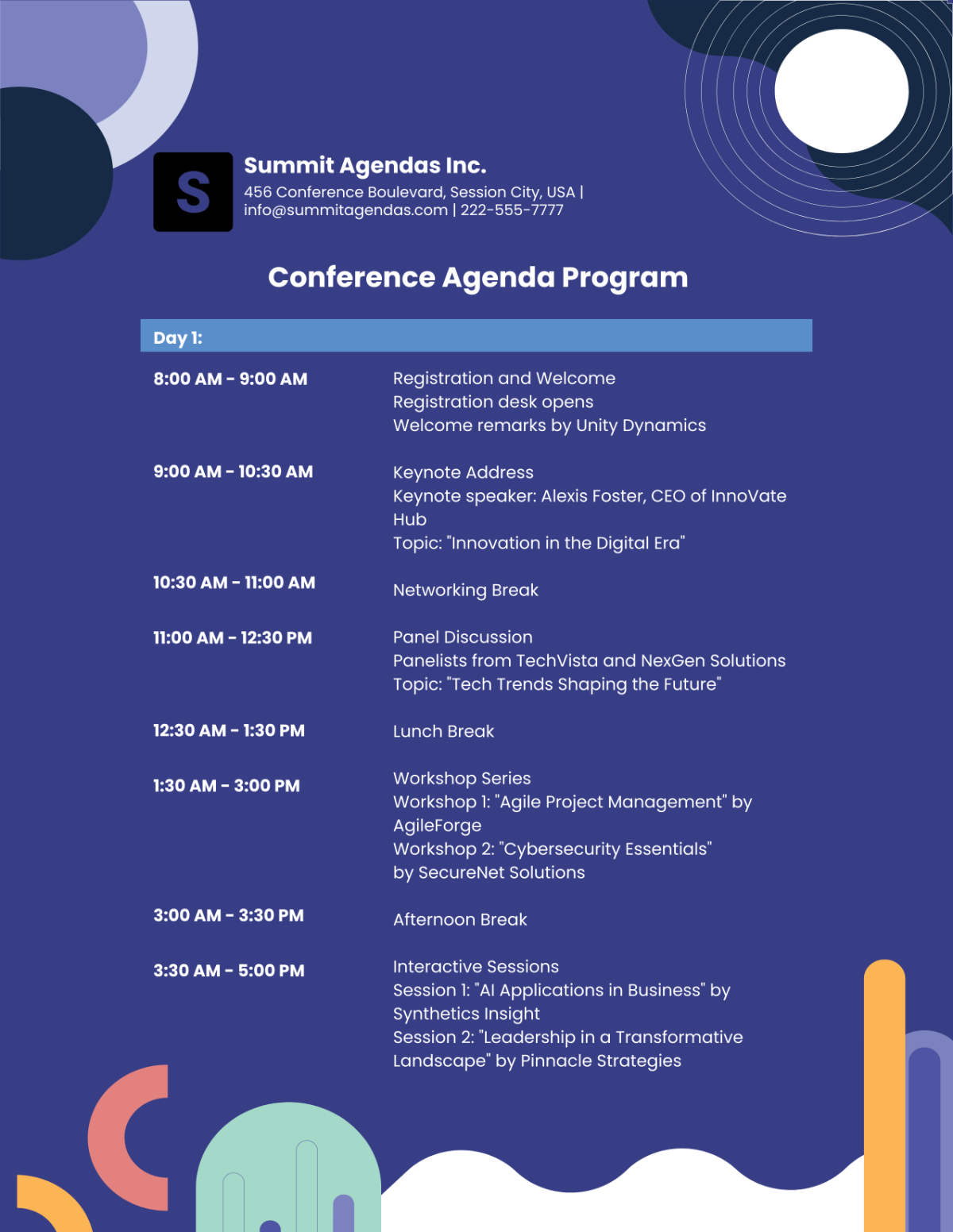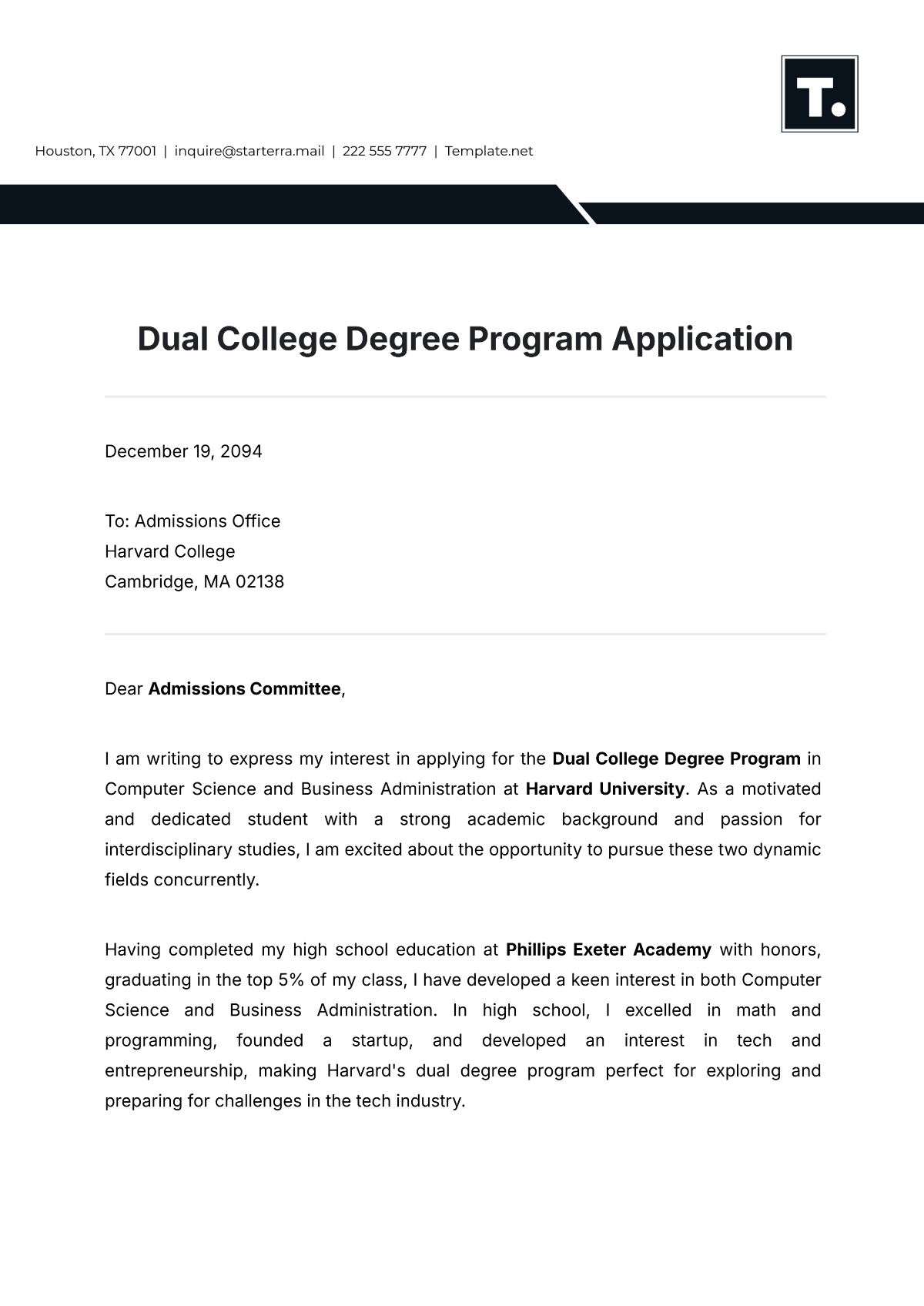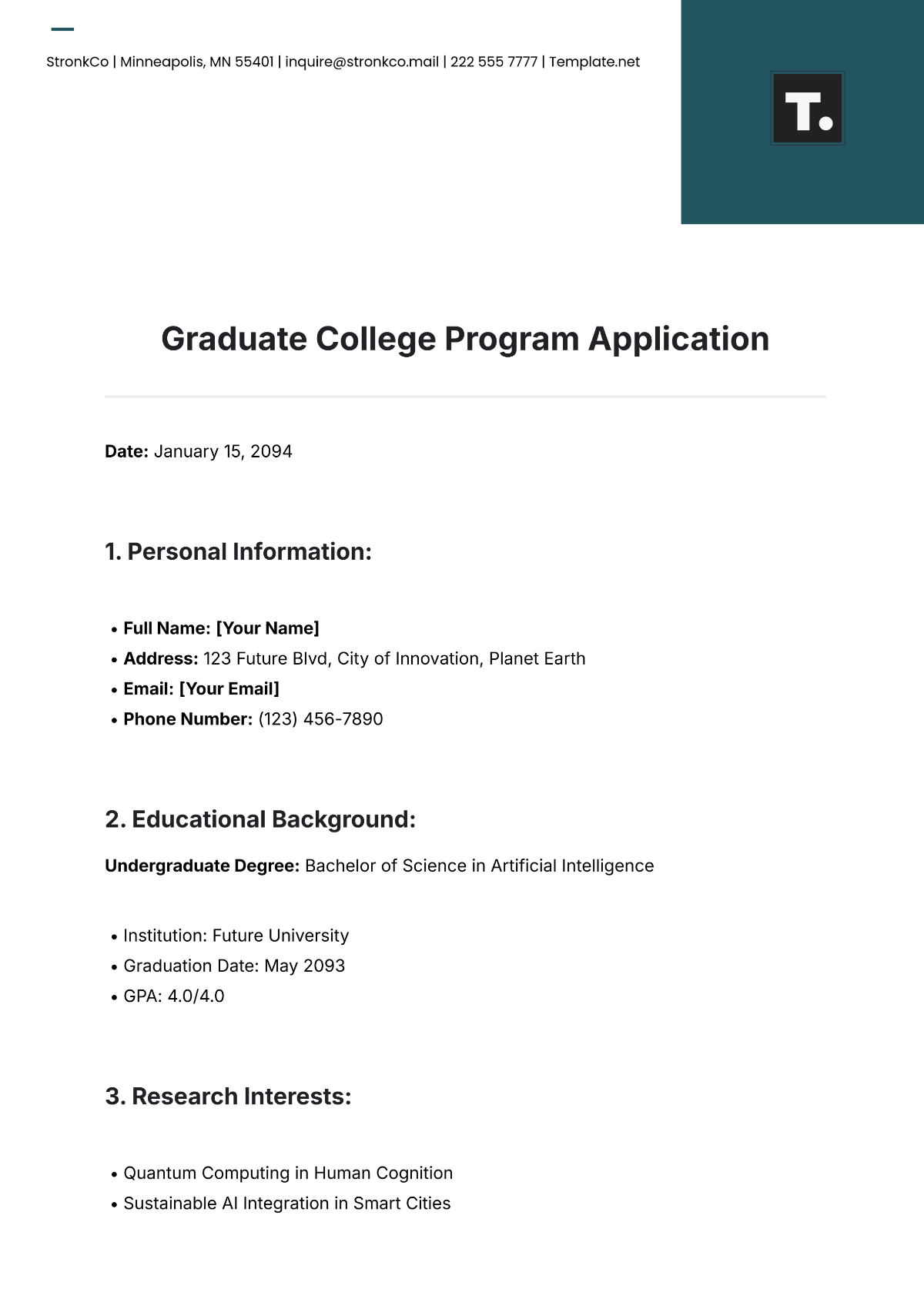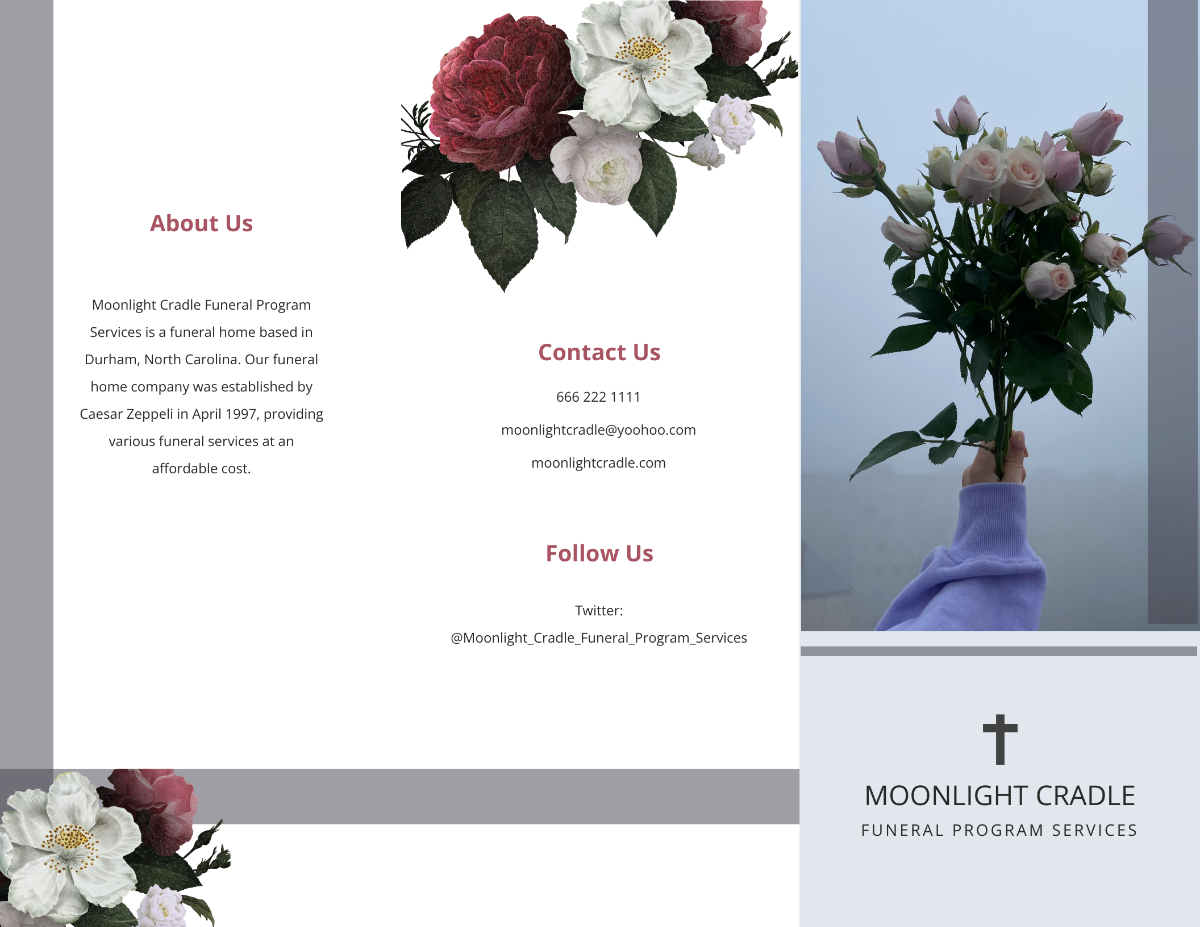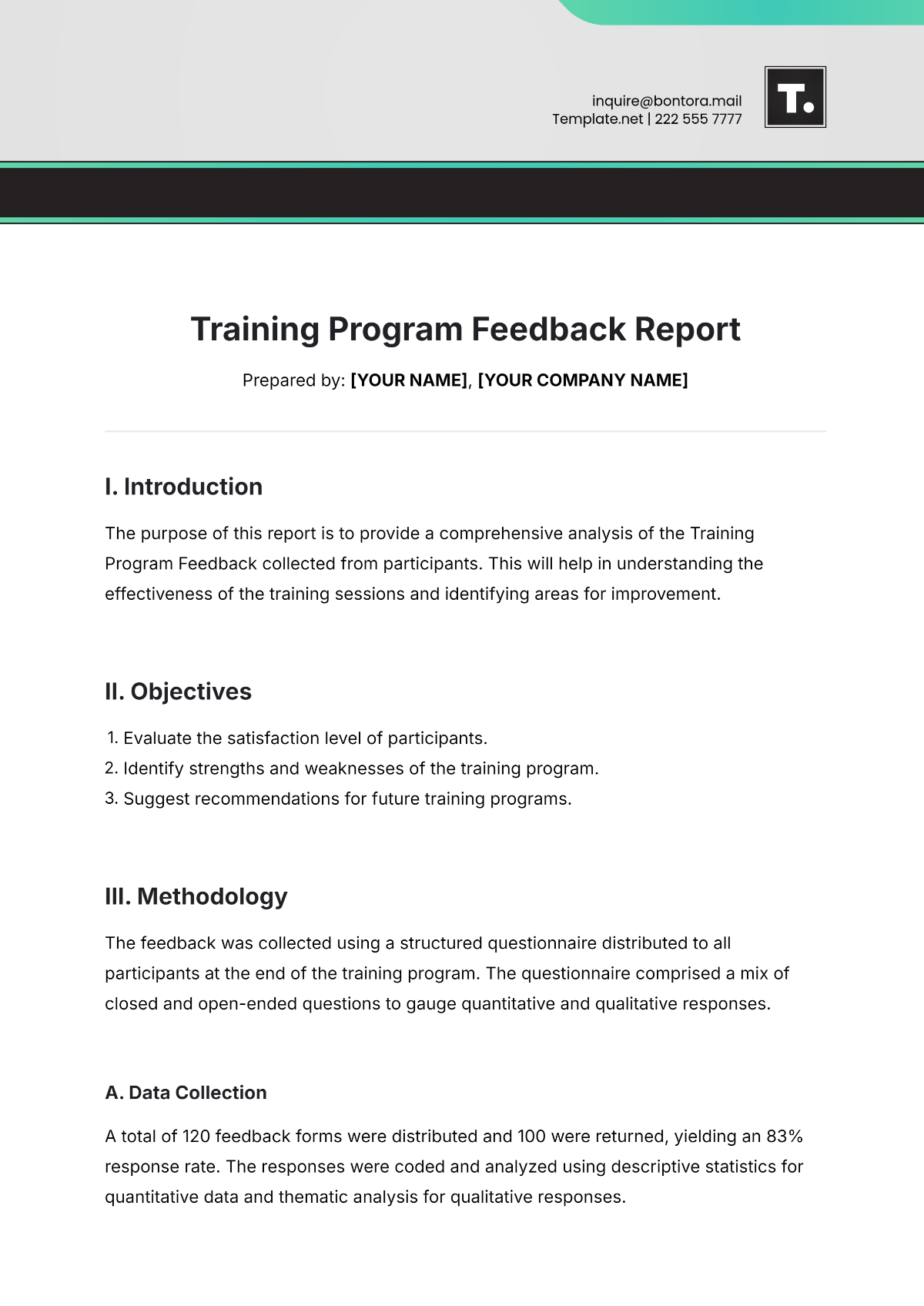Mentoring Program Guide
I. Introduction
The Mentoring Program Guide aims to provide a structured framework for effectively pairing mentors and mentees to foster personal and professional growth. This guide outlines the objectives, roles, responsibilities, and best practices essential for a successful mentoring relationship.
II. Program Objectives
Facilitate knowledge transfer and skill development.
Support career planning and progression.
Enhance personal growth and self-awareness.
Foster a culture of continuous learning and improvement.
III. Roles and Responsibilities
A. Mentor Responsibilities
Provide guidance and support to the mentee.
Share knowledge, experience, and expertise.
Set clear and achievable goals with the mentee.
Offer constructive feedback and encouragement.
Maintain regular communication and track progress.
B. Mentee Responsibilities
Be proactive in seeking guidance and actively participate.
Set personal and professional goals.
Be open to feedback and willing to learn.
Respect the mentor's time and effort.
Maintain regular communication and update progress.
IV. Program Structure
A. Mentoring Phases
The mentoring relationship typically progresses through several key phases:
Initiation: Initial meeting to establish rapport, set expectations, and define goals.
Development: Regular interactions to work on agreed objectives and skill development.
Maturity: Progress evaluation and refinement of goals, increased autonomy for the mentee.
Conclusion: Review of progress, discussion of next steps, and formal end of the mentoring relationship.
B. Meeting Structure
Effective mentoring meetings should follow a structured format:
Agenda Item | Description |
|---|---|
Review Objectives | Revisit the goals set in the previous meeting and assess progress. |
Discuss Challenges | Identify any obstacles and discuss potential solutions. |
Skill Development | Focus on developing specific skills or knowledge areas. |
Feedback | Provide and receive constructive feedback. |
Set New Goals | Define objectives for the next meeting or development phase. |
C. Communication Guidelines
Schedule regular meetings (such as bi-weekly or monthly).
Use a variety of communication methods (such as in-person, virtual, and email).
Maintain confidentiality and trust.
Be respectful and professional in all communications.
V. Best Practices
To ensure a successful mentoring relationship, consider the following best practices:
Establish clear expectations and goals from the outset.
Focus on building a relationship of mutual trust and respect.
Be patient and open-minded, allowing the mentoring relationship to evolve naturally.
Encourage open and honest communication.
Regularly review and adjust goals to reflect progress and changing circumstances.
Celebrate successes and milestones.
Be mindful of the time commitment and manage it effectively.
VI. Evaluation and Feedback
A. Regular Check-ins
Schedule periodic check-ins to evaluate the progress of the mentoring relationship. These sessions should focus on:
Assessing goal achievement and identifying areas for improvement.
Soliciting feedback from both mentor and mentee.
Adjusting goals and strategies as needed.
B. End-of-Program Evaluation
At the conclusion of the mentoring program, conduct a comprehensive evaluation to gather insights and feedback:
Review the initial objectives and assess the overall success.
Document key learnings and accomplishments.
Gather feedback to improve future mentoring programs.
Discuss potential future opportunities for the mentee.
The end-of-program evaluation can be facilitated using surveys, interviews, or focus group discussions.
VII. Conclusion
Establishing an effective mentoring program requires careful planning, dedication, and a commitment to continuous improvement. By following the guidelines and best practices outlined in this guide, organizations can create a supportive environment that fosters growth and development for both mentors and mentees.
Remember that the key to a successful mentoring relationship is open communication, mutual respect, and a shared commitment to achieving the established goals. Whether you are a mentor or a mentee, your active participation and engagement are crucial to the program's success.
[YOUR COMPANY NAME]
[YOUR COMPANY ADDRESS]
[YOUR COMPANY NUMBER]
[YOUR COMPANY WEBSITE]
